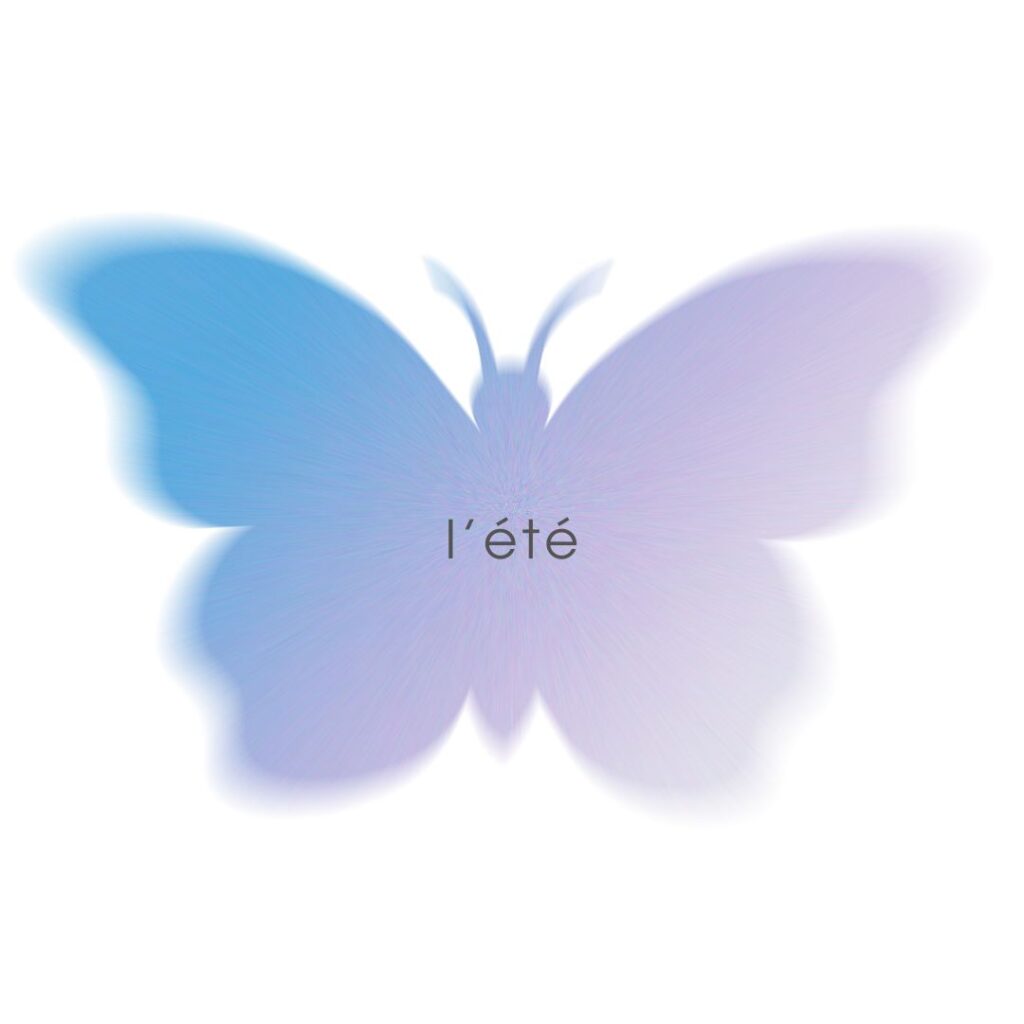Why is it said to learn the dates, days, months, seasons, and similar vocabulary first? Well, I have an answer to this question: how does vocabulary help us in our daily life?

Knowing how to express days, dates, and seasons in French enables you to effectively communicate and understand time-related information when interacting with Natives or French speakers. This skill is valuable in various contexts, such as travel, business, and social interactions.

For example, if you are planning to visit a French-speaking country, you need a basic vocabulary to navigate, for reservation purposes, or even to interact with locals throughout your journey. You should understand what the other person is saying and make him/her understand what you mean.

In conclusion, it opens doors to effective communication, personal growth, and a deeper understanding of the French-speaking world.
Now Let Us See Some Of The Vocabularies In One Go!
| Quel jour sommes-nous aujourd’hui? Quel jour est-on aujourd’hui? On est quel jour aujourd’hui? | What day is it today? |
| Avant-hier | the day before yesterday |
| Hier/Demain/Aujourd’hui | yesterday/tomorrow/today |
| Ce soir | tonight |
| Après-demain | the day after tomorrow |
| Quelle est la date? | what is the date? |
| la saison | the season |
| le printemps | spring |
| l’été | summer |
| l’hiver | winter |
| l’automne | autumn |
| C’est le/ la/l’…… (month, telephone number, date, season, day, etc.) | it is… |
You can also explore the site about the specialty of French Months.
